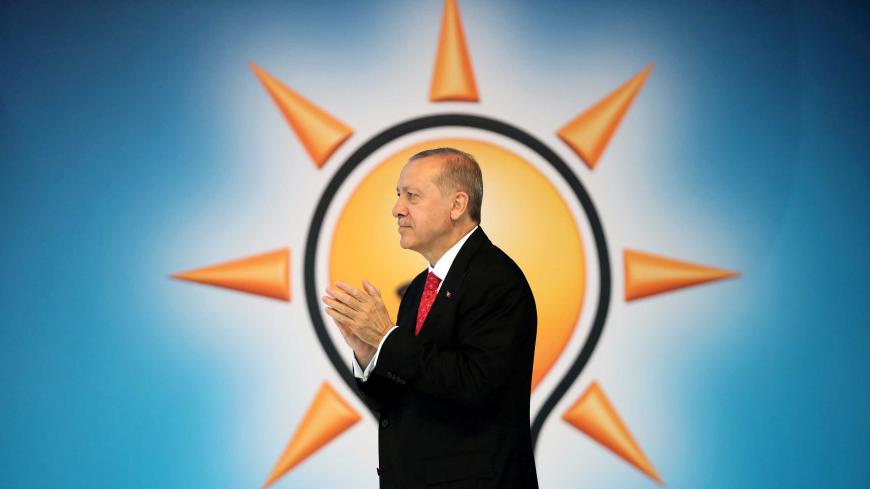DIYARBAKIR, Turkey — As the June 24 presidential and parliamentary polls approach, Turkey’s opposition parties are concerned about possible foul play in the critical race, which is looming as the toughest election battle for the government yet.
The polls will mark Turkey’s transition to a super-presidency system tailor-made for President Recep Tayyip Erdogan, whose victory, many fear, would seal the demise of Turkish democracy, making election integrity all the more critical. The new system was narrowly approved in a controversial referendum last year. International observers said at the time that up to 2.5 million votes — almost double the winning margin of the “yes” vote — might have been manipulated, as the Higher Electoral Board (YSK) made a last-minute decision to validate ballots unstamped by election officials.



